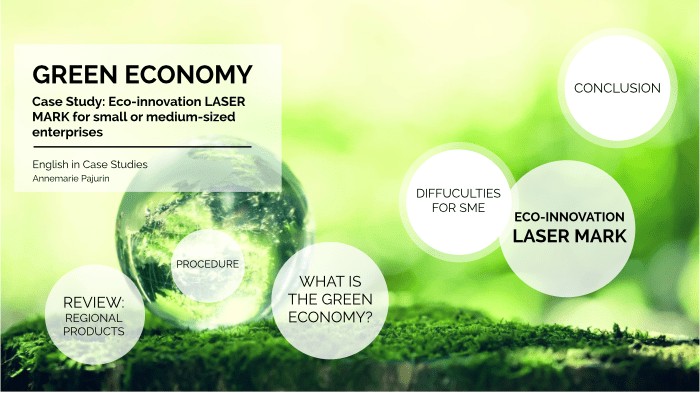One notable case study of a green economy is the country of Costa Rica. Costa Rica has made significant progress in transitioning towards a green economy, prioritizing sustainability, environmental conservation, and renewable energy.
Here are some key aspects of Costa Rica’s green economy case study:
- Renewable Energy: Costa Rica has achieved a remarkable milestone in generating almost 99% of its electricity from renewable sources. This is primarily due to its abundant natural resources, such as hydroelectric power, wind, solar, and geothermal energy. The government has invested in renewable energy infrastructure and policies that have attracted private investments in the sector.
- Environmental Conservation: Costa Rica is renowned for its rich biodiversity and extensive protected areas. The country has dedicated a significant portion of its land to national parks, reserves, and wildlife refuges. This commitment to environmental conservation has helped preserve its natural resources, attract ecotourism, and foster sustainable practices.
- Sustainable Tourism: Costa Rica has embraced sustainable tourism practices, promoting eco-tourism and responsible travel. The country’s natural beauty, diverse ecosystems, and commitment to conservation have attracted travelers seeking environmentally friendly destinations. Sustainable tourism has created jobs and economic opportunities while preserving the environment.
- Carbon Neutrality: In 2019, Costa Rica set a goal to become the world’s first carbon-neutral country by 2050. The government has implemented policies and initiatives to reduce greenhouse gas emissions and increase carbon sequestration. These efforts include reforestation programs, promotion of electric transportation, and sustainable agricultural practices.
- Green Innovation and Technology: Costa Rica has fostered a culture of innovation and entrepreneurship in green technologies. It has supported research and development in renewable energy, sustainable agriculture, waste management, and clean technologies. This has attracted investment and created opportunities for green businesses and startups.
- Sustainable Agriculture: Costa Rica has promoted sustainable agricultural practices, focusing on organic farming, agroforestry, and biodiversity conservation. The country has reduced the use of agrochemicals and promoted sustainable land management techniques to protect soil quality and water resources.
- Policy Framework: Costa Rica has implemented progressive policies and legislation to support its green economy objectives. This includes the Payment for Environmental Services (PES) program, which provides incentives to landowners for conserving forests and ecosystems. The government has also implemented regulations to promote energy efficiency, waste management, and sustainable development.
- Education and Awareness: Costa Rica recognizes the importance of education and awareness in promoting sustainable practices. The country has invested in environmental education programs, raising awareness among its citizens, and fostering a culture of environmental stewardship.
The case of Costa Rica demonstrates that a green economy can bring multiple benefits, including environmental conservation, economic growth, job creation, and enhanced quality of life for its citizens. By prioritizing renewable energy, environmental protection, and sustainable practices, Costa Rica serves as an inspiring example of a country committed to a sustainable and green future.




